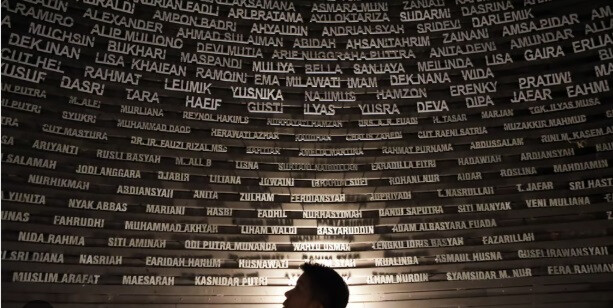
MOMBASA, Kenya – Two decades after the devastating 2004 Indian Ocean tsunami, coastal communities in East Africa remain vulnerable to such disasters, experts warn.
Mwalola, a veteran fisherman from the Kenyan coast, recounted how traditional knowledge and a collective decision to avoid the sea saved lives on that fateful day. "My place of work was hit, but I was not affected because I heeded the warning," he said. "We avoided losses because we warned our colleagues of the impending danger and asked everyone to keep off the ocean that day."
The 2004 tsunami, triggered by a powerful earthquake off the coast of Sumatra, claimed over 228,000 lives, including over 300 in East Africa. While the tragedy heightened awareness of tsunami risks, significant challenges remain.
Shamim Wasii Nyanda, an environmental activist in Tanzania, pointed to climate change and limited resources as major obstacles. "There's an increase of vulnerability due to climate change but also ... limited adaptation funding," Nyanda said. "Most of the coastal cities lack sufficient financial resources to implement these climate adaptation measures, particularly in urban, under-resourced communities."
Rapid urbanization further exacerbates the risk. "Coastal cities like Dar es Salaam have continued to expand, with informal settlements encroaching on vulnerable areas," Nyanda explained. "People then build housing in areas where they shouldn't, so, when these disasters come, they are not prepared. They do not have the technology. They do not have the infrastructure … and what happens? They are just swept away."
As the world marks the 20th anniversary of this tragic event, experts emphasize the crucial need for improved preparedness, prevention, and mitigation measures to safeguard coastal communities in East Africa and beyond.
[Copyright (c) Global Economic Times. All Rights Reserved.]





























